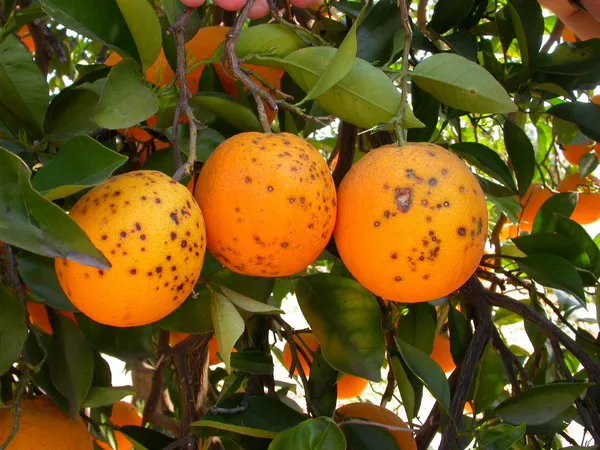"The number of interceptions of citrus fruits imported into the EU with harmful organisms in October is scandalous. There were 35 rejections, 30 of which come from South Africa and Argentina. Brazil had two plague rejections and Zimbabwe, Honduras, and Vietnam 1 each,” stated LA UNIÓ de LLauradors.
"Argentina accumulated a total of 16 interceptions during October, all of them for Phyllosctita citricarpa, a fungus that causes the dreaded black spot disease in citrus. Meanwhile, South Africa accumulated 14 interceptions, 13 of them for Phyllosctita citricarpa and 1 for Thaumatotibia leucotreta. October has been the month with the highest pest detection in the EU so far this year. "

"It should be noted that the European Commission approved in June the cold treatment of oranges from countries affected by the Thaumatotibia leucotreta (false moth), including South Africa. However, one of the shipments intercepted from that country in October was affected by this disease, which calls into question the application of the treatment," the agricultural organization stated. "Either the cold treatment is not being carried out or it is being done incorrectly. Either way, the European Commission should take action because this data is very serious," stated Carles Peris, secretary general of LA UNIÓ.
"The EU shouldn't ratify or sign agreements, for example, with Mercosur or South Africa. Doing so is a serious error because there are no in-depth or rigorous impact studies on the effects they have on our agricultural sector or on the consequences of the possible entry of a pest, something that is already affecting us after the entry of Xylella or South African cotonet," LA UNIÓ added.
LA UNIÓ requested the automatic suspension of imports from third countries that cannot guarantee the phytosanitary safety of their shipments because of the danger they pose to the EU agricultural sector and because it's always the same countries that lead the list of interceptions. The organization also called for the implementation of a unified cold system for all imports and countries. They also asked the Community authorities to have a single standardized criterion for all.
"We must take all matters related to the protection of European plant health more seriously. Production costs have skyrocketed and the introduction of a new pest or disease would further increase the costs of treatments. It would also devalue the citrus sector's role as a supplier of fresh fruit for the market," Peris stated.
For more information:
LA UNIÓ
Tel.: +34 963 530 036
launio@launio.org
https://launio.org
